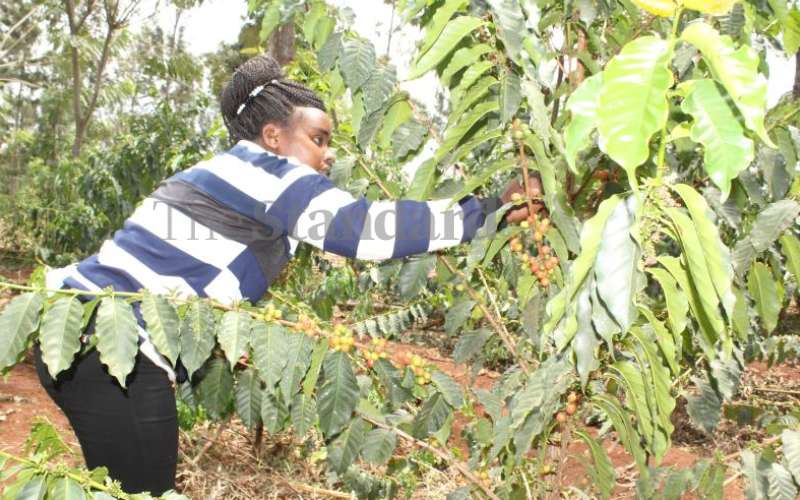×
The Standard e-Paper
Fearless, Trusted News

Frustrated by dwindling fortunes in coffee farming, a group of farmers in Meru is changing tack.
More than 200 farmers are a happy lot after they embraced the production of anaerobic coffee, which according to new KPCU Acting Managing Director Timothy Mirugi, is performing well in the international market.